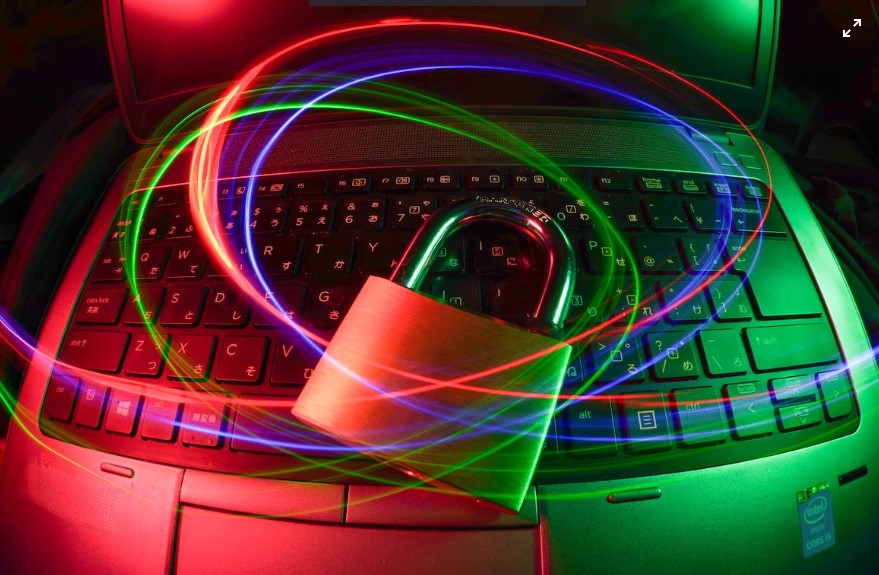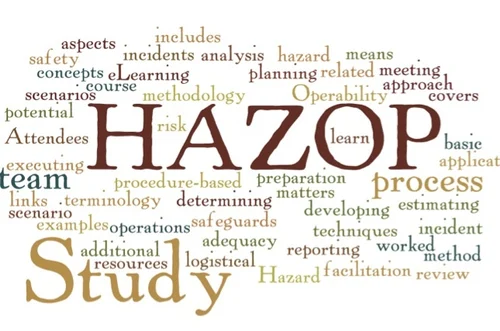Everything You Need to Know About Computer Security System
Everything You Need to Know About Computer Security System

What Exactly is Computer Security System?
Computer security safeguards computer systems against unauthorized access, theft, or abuse of important information. Several commonly used techniques are in place, primarily for the security of computer systems and networks and the prevention of potential hostile activity.
While computer hardware is safeguarded in the same manner that sensitive equipment like locks and doors, essential information, system access, and permission are protected by complicated security strategies and procedures.
Computer Security Types are:
There are Four Forms of Computer Security:
Cyber Security
Cyber security refers to the protection of our computers, electronic devices, networks, programs, and systems from Cyber Threats. Cyber assaults are those that occur when our system is linked to the Internet.
Information Security
Information security protects our system’s information against theft, unauthorized use, and piracy. The three fundamental goals of information security are confidentiality, integrity, and availability of data.
Application Security
Application security entails safeguarding our apps and data so that they are not hacked, as well as keeping the databases of the applications safe and private to the owner so that user data stays confidential.
Network Security
It refers to the security of a network and the protection of the user’s information about who is connected to that network. Hackers steal data packets via the network by using sniffing and spoofing attacks, man-in-the-middle attacks, war drives, and other methods, and then exploit the data to their advantage.
Computer network security refers to the procedures that businesses or organizations take to detect and prevent illegal access from outside intruders. Depending on the scale of the computer network, different approaches to computer network security management have varied needs.
A home office, for example, requires simple network security, but large organizations require extensive network upkeep to avoid hostile assaults. The Network Administrator manages network data and software access.
The user ID and password are assigned to the authorized individual by a network administrator.
Network Security Considerations:
The following are desirable qualities for secure communication:
-
Privacy
It implies that both the sender and the recipient expect secrecy. The sent message should only be sent to the specified recipient, and it should be opaque to other users. Only the sender and recipient should be able to comprehend communications since eavesdroppers can intercept them.
As a result, it is necessary to encrypt the communication so that it cannot be intercepted. This element of secrecy is frequently employed to ensure secure communication.
-
Message Integrity
Data integrity means that the data must arrive at the recipient in the same condition in which it was transmitted. There must be no modifications in the data content during transport, whether intentional or accidental.
As more monetary transactions occur over the internet, data integrity becomes increasingly important. For secure communication, data integrity must be maintained.
-
End-to-End Encryption
Authentication indicates that the receiver is confident in the sender’s identity, implying that no impostor transmitted the communication.
-
Non-Repudiation
Non-Repudiation requires the receiver to be able to demonstrate that the received communication originated with a specific sender. The sender must not dispute that he or she sent a communication.
The receiver bears the duty of verifying his or her identity. For example, if a consumer requests that money be transferred from one account to another, the bank must have documentation that the customer requested the transaction.
How to Secure Your Computer?
Check that your router has a good firewall
A firewall is a piece of software or hardware that allows good stuff in while keeping harmful stuff out. When you sign up for an internet subscription, most companies include a free router and modem.
Check if it has a good firewall. If you are technically knowledgeable, you can even modify the firmware (through Tomato or DD-WRT) on many routers to increase security, among other things.
Maintain Your Computer’s Updates!
I know it’s inconvenient, but check your computer for updates! I’ve seen a lot of PCs where the operating system has never been updated. Microsoft and Apple both constantly upgrade their operating systems.
These are critical security fixes, and failing to apply them may expose you to risk!
Keep your password secure and difficult to Guess
You can’t put your confidence in any website that asks for your password since you don’t know how they keep it. It’s important to use a unique password for each website you register with. That may sound difficult, but it’s fairly simple—more information in my previous essay.
Last Pass, a password manager, is also highly recommended. This securely maintains all of your passwords so that you never have to input them on your computer (in case you are compromised by a keyboard sniffer) or save them insecurely anyplace.
It also has a password generator, allowing you to create a unique strong difficult password for each site you visit. It is strongly advised! Finally, be cautious while saving passwords on your computer’s programs.
Don’t Put Your Trust in Public Wifi
Be cautious if you surf the web while drinking your latte at your neighborhood coffee shop! Did you aware that much of your internet connection (web surfing and email) is delivered through an unencrypted connection?
Anyone nasty at the coffee shop may be listening in on your conversations and taking your passwords. If you have a 3G connection, utilize it; otherwise, you must protect your connection.
Websites that utilize HTTPS (for example, Facebook and Twitter) encrypt your data, however, most websites do not. You’ll need to utilize a VPN, or virtual private network, for this. Connecting to a secure server in the middle encrypts your connection.
Conclusion
With security threats continually growing, security systems must constantly design new defenses and methods of combating them.
Most computer security problems are usually preventable, and learning how to safeguard computer systems helps alleviate the majority of other security issues.







